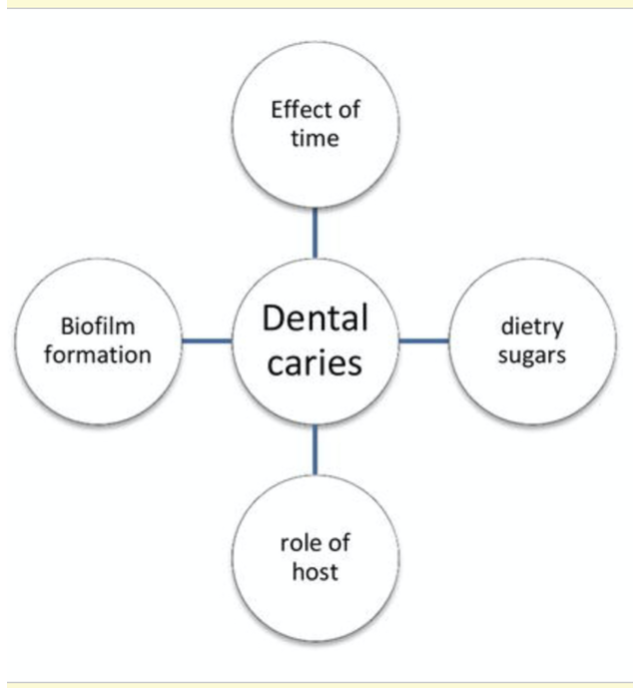By definition, dental caries is a highly infectious and transmissible disease caused by oral streptococci streptococcus mutants and streptococcus sobrinus. They are the most prevalent caries-associated organisms to be found in humans. Many people are unaware that a simple gesture like “kissing” influence a person’s oral flora. Kissing is one way of expressing love and it involves transfer of saliva from one person to the other. Saliva containing pathogen is the main vehicle by which transfer of streptococcus mutants may occur. It can stay for an hour or even months which can develop into a disease, depending on what bacteria your partners have. The rate and degree of transmission depend on many possible factors, including the degree of infection of the partner , the frequency of contact, immune status and dietary pattern. According to an article published by the American Dental Association, “cariogenic bacteria are transmitted soon after the first teeth erupts”. Although the transmissible nature of dental caries is well established in literatures, little information is provided regarding this issue to the general population. Like any other diseases, dental caries is highly preventable. Moreover, they still remain to be the most common chronic disease in children and is four times more common than asthma.
“Earlier studies demonstrated that infants acquire mutants streptococci from their mothers and only after the eruption of primary teeth.”
– Berkowitz Rj. J calif dental association 2003

The Centers for Disease Control and
Prevention recommends six ways to combat cavities.
- Water fluoridation, named by CDC as one of the ten great public health achievements of the 20th century, has been a major contributor to the decline of the rate of tooth decay. Studies have shown that water fluoridation can reduce the amount of decay in children’s teeth by 18-40%.
- In addition to fluoridated water, good oral hygiene can help prevent tooth decay: Brush twice a day with a fluoride toothpaste.
-
Clean between your teeth daily with floss or interdental cleaner.
-
Eat nutritious and balanced meals and limit snacking.
-
Visit your dentist regularly for professional cleanings and oral examination.
-
Check with your dentist about use of supplemental fluoride, which strengthens your teeth, and about the use of dental sealants (a plastic protective coating) applied to the chewing surfaces of the back teeth to protect them from decay.
“Tooth decay is four times more common than asthma among adolescents aged 14 to 17 years. .”
– centers for disease control and prevention
